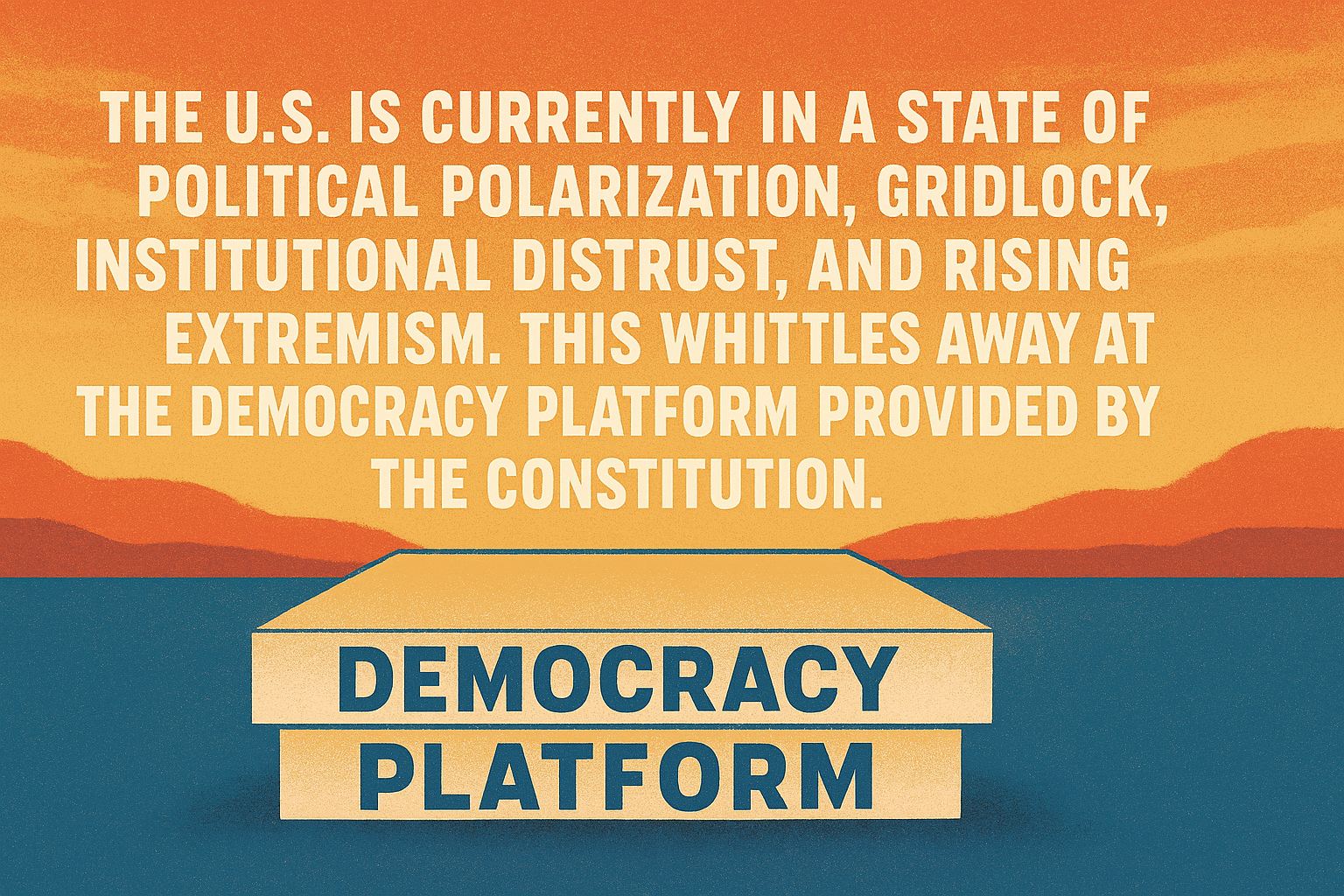1. Legitimacy Is Fragile
From the Paris Commune (1871) to the Spanish Civil War (1936), anarchist movements thrived when democratic governments failed to deliver security or equity. In the U.S., growing perceptions that elections and institutions serve the interests of elites rather than the interests of citizens mirror these conditions.
Lesson: Restoring trust through transparency and responsiveness is essential; otherwise, radical anti-system ideologies will fill the vacuum.
2. Economic Inequality Fuels Radicalism
Anarchist surges historically coincided with economic crisis, industrial exploitation in the 19th century, and depression-era poverty in the 1930s. Today, wealth concentration and stagnant wages create similar pressures.
Lesson: Addressing inequality through structural reforms (tax fairness, social safety nets) is not just economic policy—it’s democratic survival.
3. Repression Backfires
Governments often responded to anarchist uprisings with force—Haymarket executions, Bolshevik crackdowns—deepening alienation and martyrdom narratives. In the U.S., heavy-handed policing of protests risks repeating this cycle.
The lesson is clear: Democratic resilience is not a luxury, but a necessity that depends on dialogue and proportional enforcement, not militarization.
4. Horizontalism vs Institutional Gridlock
Anarchist experiments, such as the Spanish collectives, emphasized direct, participatory governance. While impractical at scale, they highlight a democratic deficit: citizens feel excluded from decision-making.
Lesson: Incorporating participatory mechanisms—such as local assemblies and digital town halls—can reduce polarization by giving people real agency.
5. Ideological Absolutism Is Destabilizing
Both anarchists and states have historically treated compromise as a betrayal, leading to zero-sum conflicts. U.S. polarization increasingly mirrors this dynamic, with partisan purity tests replacing pragmatic governance.
Lesson: Reviving a culture of compromise is vital; without it, democratic systems risk fragmentation.
Conclusion
History shows that when democracies fail to adapt, radical alternatives gain momentum—not because they are viable, but because they promise dignity and voice. For the U.S., the antidote to polarization is not repression or rhetorical escalation, but the promising potential of structural reforms that restore legitimacy, reduce inequality, and expand participatory governance. Democracy must prove it can deliver—not just govern.
